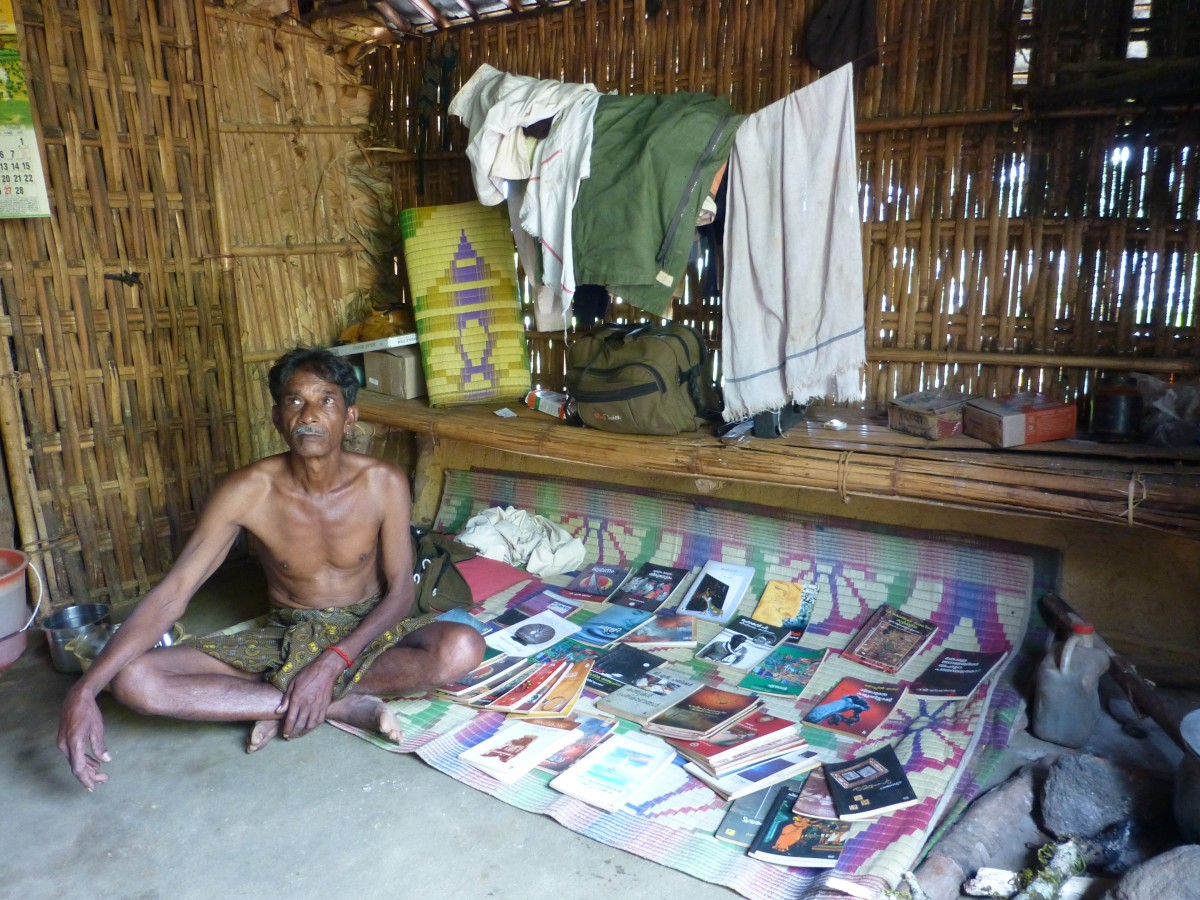P.V. Chinnathambi: Providing a ray of hope in a forlorn land
The beauty of the world lies in being able to appreciate the imperfections that create an asymmetry, and India is one such place that is filled with it, whether good or bad. Some lament, some curse, while others accept or try to change the situation.
The proof of this diversity is best demonstrated by India’s literacy rate, Kerala being the golden region flaunting a 93.91% literacy rate. But some patches, like the one home to the Muthuvans- a tribe living in the Idukki district of Kerala, have a different tale to tell. Edamalakudi lies lost in the forests of the Idukki district of Kerala and severely lags behind in literacy rate with some sources reporting it to be as low as 40% among the males.

Image Credit – http://psainath.org/wp-content/uploads/2014/05/P1020242.jpg
Amid this forlorn land is a man who tries to throw a ray of hope. He is older than the free India, yet younger than many of us in spirit. P.V. Chinnathambi is a tea vendor, yet the owner of the most extraordinary library one may have the fortune to encounter. Readers need to trek several kilometers to reach this place, but bibliophiles know of no obstacles on the road to their love. The Akshara Arts and Sports Shop is the only refuge that literates in Edamalakudi have.
As surprising as it sounds, Chinnathambi maintains a library under his thatched tea room. A collection of 160 books lies strewn on the chatai (bamboo mat). The readers can either sit and enjoy their read over a cup of tea, along with bites of biscuits and mouthfuls of the famous Indian “mixture”; or rent them. He also maintains a proper issuing record on a register. What’s more astonishing is the fact, that Chinnathambi also offers annual memberships to his readers. The membership costs Rs. 25 annually and Rs. 2 monthly. Here one can find books on politics and literature; untouched by the contemporary youth-like tastes. The beverages too are served for free and the literate people of the adivasi Muthuvan tribe adore the librarian for his silent service to the community.
People like Chinnathmabi live to inspire, and their tales need to be preserved for the future generations to learn from.


